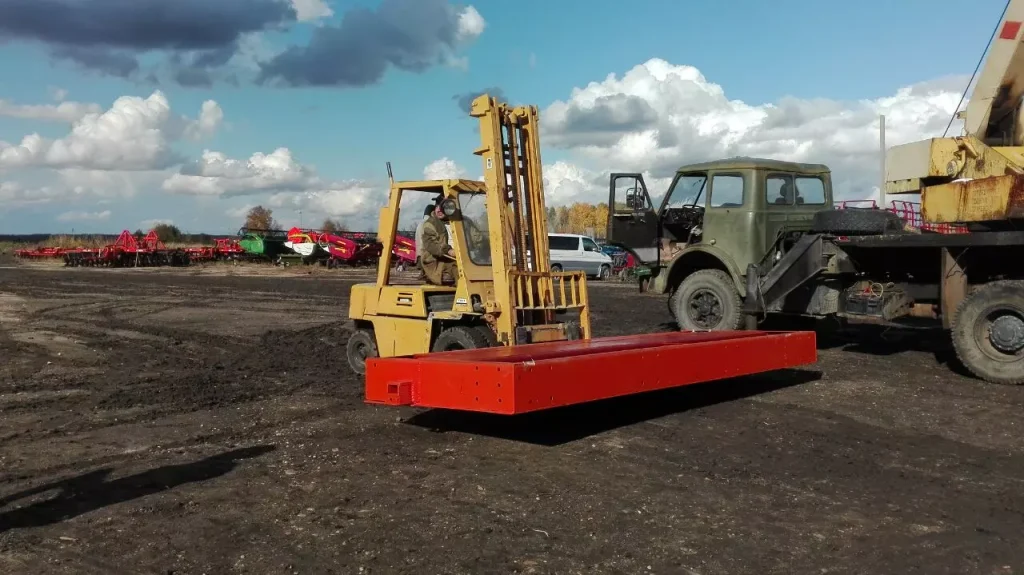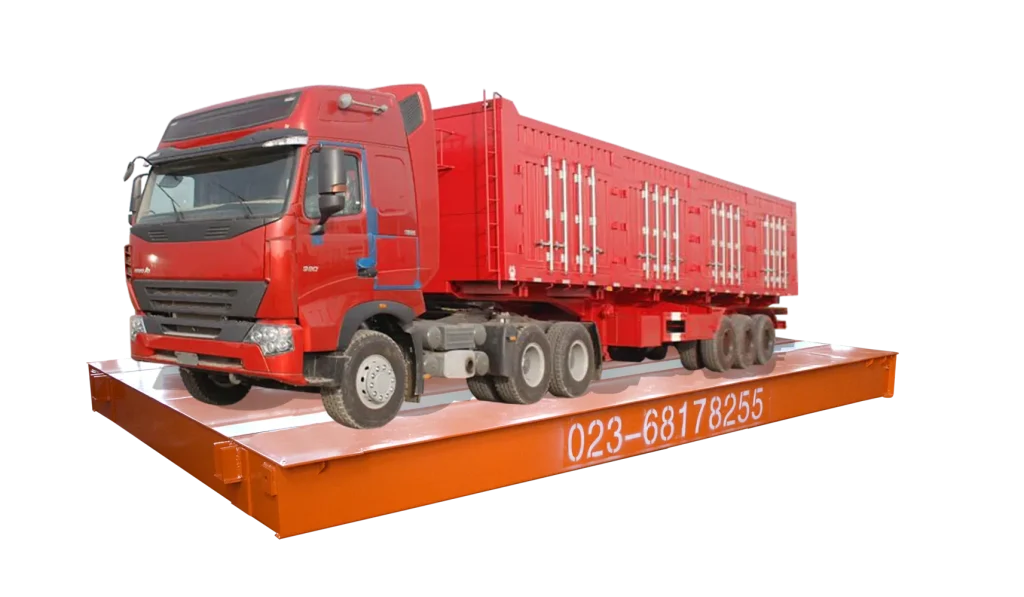Common Mistakes When Buying a Weighbridge
Investing in a weighbridge can greatly improve the efficiency and accuracy of your business operations. These robust scales play an important role in a variety of industries, from managing inventory control in warehouses to ensuring compliance with trade regulations. However, navigating the weighbridge market can be difficult due to the high initial cost and the abundance of options available. Making the wrong decision can result in inaccurate measurements, operational issues, and even financial losses. This article examines five common mistakes businesses make when purchasing a weighbridge and offers valuable advice to ensure you choose the best solution for your needs.
Mistake 1: Not Considering Your Weighing Needs
Here’s Why
If you do not consider what you will be weighing, you may end up with a weighbridge that is too small or weak to handle your heaviest loads. This could result in safety risks, inaccurate readings, or the need for a costly upgrade later. Weighbridges have a variety of features, some of which may be irrelevant to your needs. Focusing solely on fancy features may cause you to overlook a simpler model that perfectly handles your weighing needs. The accuracy required by weighbridges varies according to the application. If you don’t consider your needs, you may end up paying more for accuracy that you don’t need.
How to Avoid It
Make a list of the items you intend to weigh using the weighbridge. Determine the maximum weight. Knowing the heaviest item to weigh ensures that the weighbridge can handle it. Different applications have different accuracy requirements; consider them and research the level of precision required for your particular use case. Talk to a professional weighbridge manufacturer, they can guide you through the selection process based on your needs and recommend suitable models.
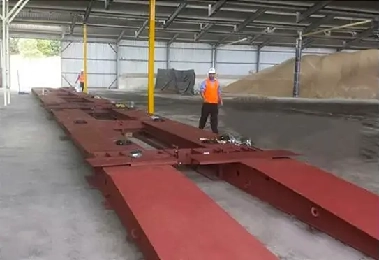
Mistake 2: Not Considering the Installation Site
Here’s Why
A solid foundation is required for accurate weighbridge readings. An uneven or unstable site may cause the weighbridge to tilt, resulting in inaccurate measurements. The weighbridge requires a strong foundation to withstand the constant stress of heavy vehicles. Improper installation on a weakened site can result in cracks, damage, and early failure. The site layout should accommodate the type of weighbridge (pit weighbridge, above-ground weighbridge) and traffic flow (single-direction, multi-direction). Without proper planning, getting vehicles on and off the weighbridge can be difficult, if not impossible. Improper site preparation can result in unexpected costs during installation.
How to Avoid It
Before purchasing a weighbridge, have a qualified engineer evaluate the potential installation location. They can assess soil strength, drainage, and levelness. Different weighbridge types (pit weighbridge, above-ground weighbridge, mobile weighbridge) have different foundation requirements. Choose a weighbridge that is appropriate for your site’s requirements. Plan the flow of traffic around the weighbridge. Make sure there is enough space for vehicles to enter, exit, and maneuver safely. Consult the weighbridge supplier about your preferred installation site. They can advise on potential challenges and recommend weighbridge models that are appropriate for your specific location.
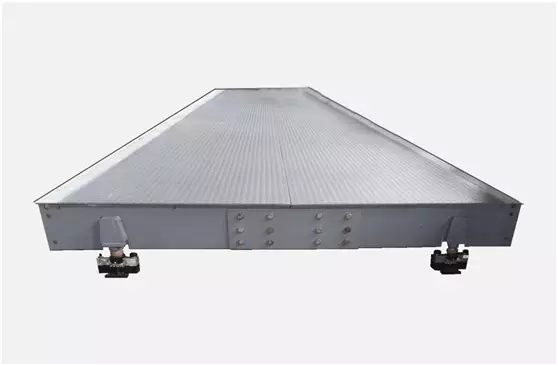
Mistake 3: Not Choosing the Right Size and Capacity
Here’s Why
A weighbridge that is too small cannot support the weight of a vehicle, resulting in tipping or damage to the weighbridge itself. This can pose a safety risk to both people and property. If a weighbridge is overloaded, it will not provide accurate weight readings. This can result in financial losses for your business, particularly if you’re dealing with weight-based transactions. A weighbridge that is too large for your requirements is an unnecessary expense. You’ll be paying for capacity that you don’t require. If the weighbridge is too small, it may cause delays because larger vehicles must be partially unloaded before weighing.
How to Avoid It
Carefully consider the heaviest loads you’ll ever have to weigh. Add a 10-20% buffer to account for future growth or occasional heavier loads. Consider the dimensions of the largest vehicles you will be weighing. The weighbridge platform must be large enough to fit the entire vehicle comfortably. A reputable weighbridge supplier can advise you based on your specific requirements and suggest the best size and capacity options. If you anticipate business growth, choose a weighbridge with extra capacity to avoid having to upgrade sooner rather than later.
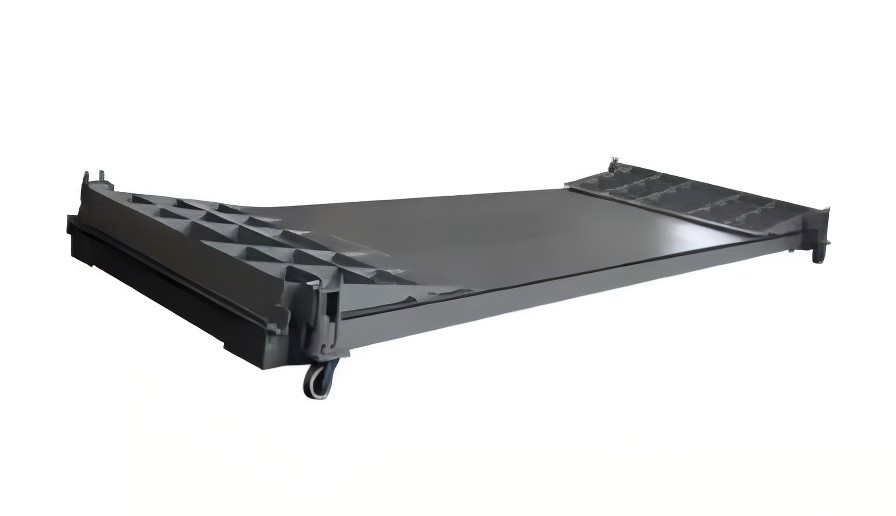
Mistake 4: Not Considering the Cost of Installation and Maintenance
Here’s Why
Installation can incur unexpected costs such as groundwork for pit-mounted scales, electrical work, and permits. Regular maintenance is also required to keep your weighbridge accurate and functional, and service calls accumulate over time. If you only consider the initial price, you may underestimate the total cost of ownership. When faced with unexpected installation or maintenance needs, this can lead to budgeting issues later on. If your weighbridge is not properly installed or maintained, it may malfunction and cause downtime. This can disrupt your operations and cost you money in lost productivity.
How to Avoid It
When comparing weighbridge options, request quotes that include installation costs, any required permits, and a basic maintenance plan. This will provide a more accurate picture of the overall investment. Examine the typical maintenance schedules and service costs for the weighbridge models you’re considering. Budget for these ongoing costs to avoid surprises.
Ask About Warranties: Look for a weighbridge with a warranty that includes both the equipment and installation. This can help you avoid unexpected costs. Some weighbridge suppliers provide service contracts that include regular maintenance at a discounted price. This is a good option for ensuring that your weighbridge is properly maintained and avoiding the hassle of scheduling maintenance calls.

Mistake 5: Not Choosing a Reputable Weighbridge Weighbridge Manufacturer
Here’s Why
Reputable weighbridge manufacturers use high-quality materials and engineering practices to ensure that their weighbridges are long-lasting. A fly-by-night manufacturer may cut corners on materials or construction, resulting in a weighbridge that breaks down frequently or does not provide accurate readings over time. Reputable manufacturers provide after-sales support and service, such as calibration, maintenance, and repairs. Without this, you are on your own if your weighbridge fails or requires routine maintenance. If your weighbridge is not calibrated properly, it can result in costly downtime and even legal issues. Weighbridges must meet industry standards for accuracy and safety. A reputable manufacturer will ensure that their weighbridges follow all applicable regulations. A disreputable one may not, which could result in fines or even weighbridge closures.
How to Avoid It
Look for manufacturers who have a good reputation in the industry. Read online reviews, ask for recommendations from other businesses, and look through industry publications. Ensure that the manufacturer provides a comprehensive warranty and after-sales service program. This will give you peace of mind knowing that you are protected if something goes wrong. Do not hesitate to ask the manufacturer questions about their products and services. A reputable manufacturer will gladly answer your questions and provide you with the necessary information to make an informed decision.
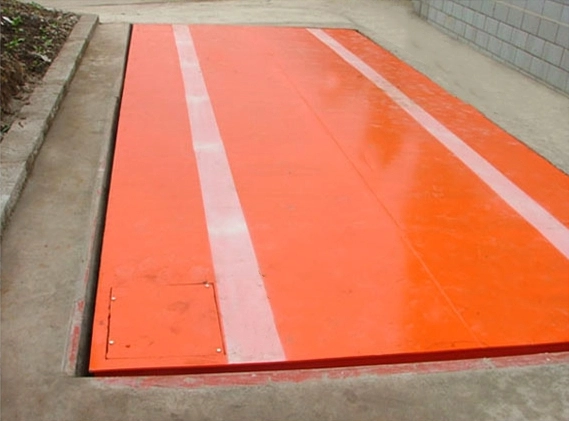
Conclusion
By carefully considering your weighing requirements, installation site constraints, required size and capacity, long-term operational costs, and the weighbridge manufacturer’s reputation, you can turn a potentially risky investment into a valuable asset for your company. A well-chosen weighbridge streamlines operations increases accuracy, and ensures regulatory compliance. Remember that a weighbridge is more than just a scale; it’s a long-term collaborator in your quest for efficiency and profitability. By following the advice presented here, you can confidently choose a weighbridge that will provide precise measurements, dependable performance, and a positive return on investment for many years to come.

